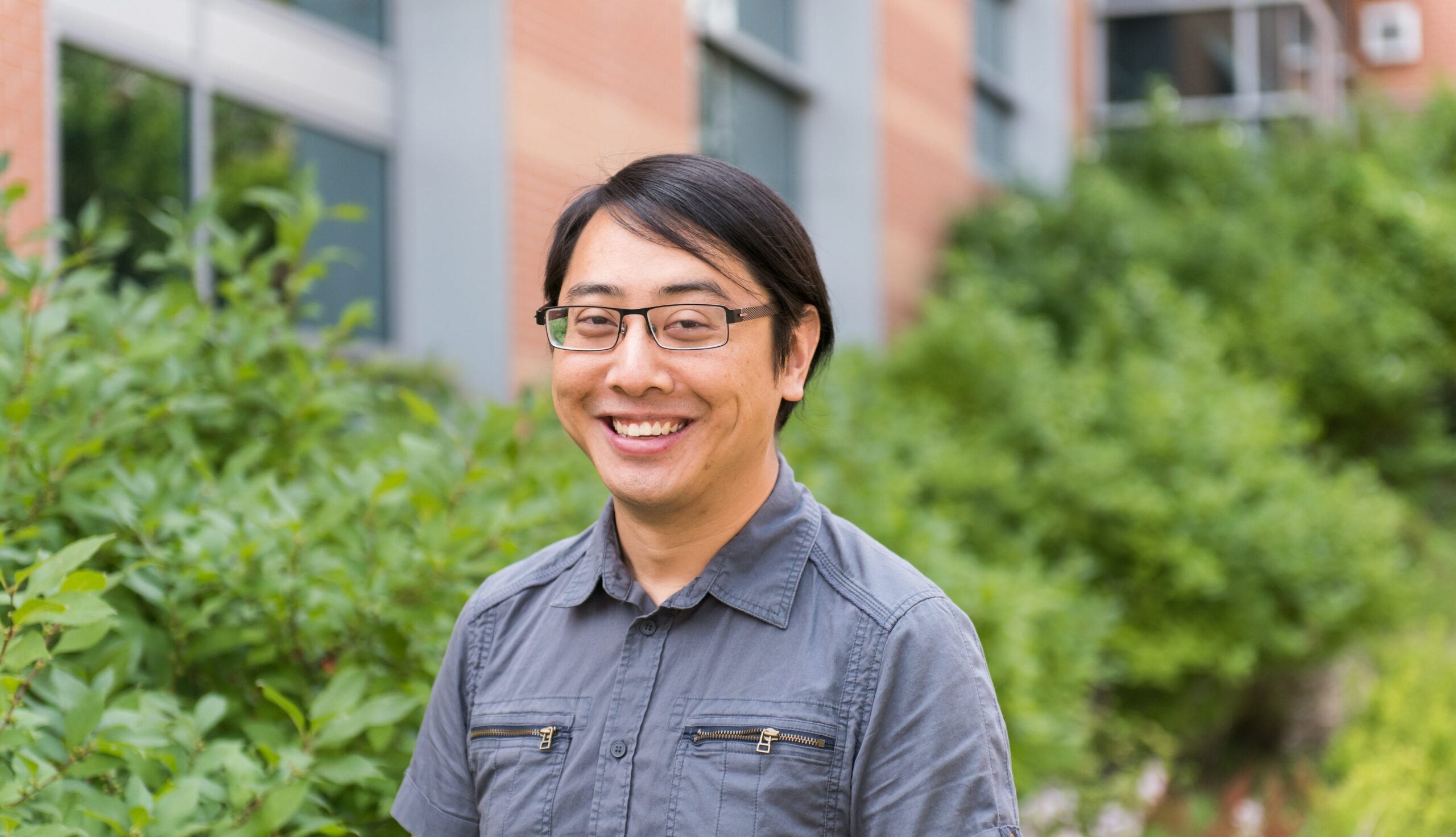The American Association of Immunologists has selected Greg Szeto, assistant professor of chemical, biochemical, and environmental engineering, as one of just ten scientists nationwide to participate in its prestigious Public Policy Fellows Program (PPFP). During the 2018-2019 year, Szeto will work to better understand how national policies impact biomedical research, and how he can use this knowledge to inform his future work.
Each year the AAI, selects a small group of junior scientists who are emerging as leaders in biomedical research to take a deep dive into understanding how public policy intersects with their work. Fellows also explore the role of the president of the United States, the president’s administration, the U.S. Congress, and the National Institutes of Health in creating and implementing policies that shape biomedical studies today. The program culminates with a multi-day visit to Capitol Hill in 2019 with AAI public policy committee members, fellows, and legislators.
Szeto’s research focuses on using engineering approaches to discover basic immunology and develop immunotherapy and drug delivery platforms. In 2017, he received funding from the Multiple Myeloma Research Foundation to develop experimental tests and computational models that could assist physicians in more accurately predicting how individual patients with multiple myeloma will respond to immunotherapy. The Elsa U. Pardee Foundation currently funds work in Szeto’s lab on rapid cell engineering for cancer immunotherapy.
As a public policy fellow, Szeto looks forward to attending AAI meetings and training sessions, participating in events on Capitol Hill, and meeting with members of Congress to advocate for increased funding to support the advancement of biomedical research.
“It is a core responsibility for all scientists to advocate for science. For those of us who are lucky enough to also be training future scientists, we must have a refined understanding of the broader context that shapes the science and careers of our labs and our trainees,” says Szeto. “The knowledge and experience I acquire from the PPFP will be translated into sustained regional and national advocacy for the rest of my career.”
Several UMBC faculty have taken advantage of the university’s proximity to the nation’s capital to complete policy-oriented fellowship programs in Washington, D.C. Most recently, Christy Ford Chapin, associate professor of history, participated in the prestigious Kluge Fellowship at the U.S. Library of Congress, and Diana Parr, adjunct instructor for the cybersecurity graduate program, participated in the Brookings Legis Congressional Fellows Program.
Photo by Marlayna Demond ’11 for UMBC.

